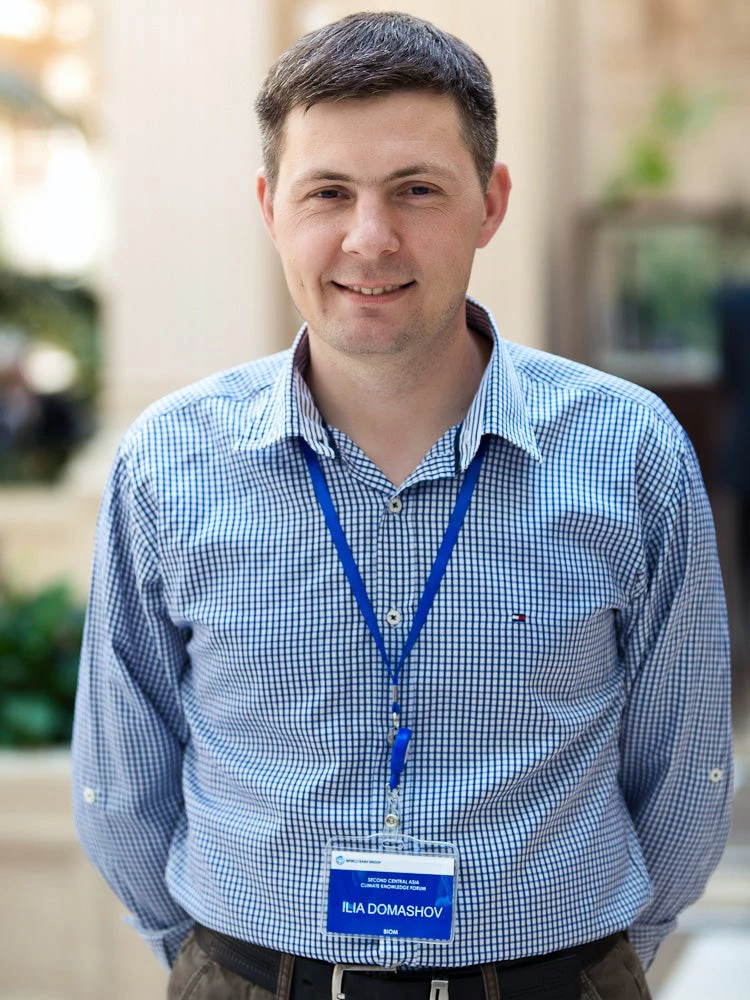This time, things were different. We became real players in the public discussion about mitigating climate change in Central Asia.

The forum in question -- the second Central Asia Climate Knowledge Forum: Moving towards Regional Climate Resilience – was organized by the World Bank Group in Almaty in May, and brought together about 200 participants from nearly all institutions interested or involved in this problem -- including top officials of Kazakhstan, the Kyrgyz Republic, Tajikistan, Turkmenistan and Uzbekistan, and donors. Around 30 civil society representatives from the Central Asian countries also attended the event. NGOs were represented more solidly at the second forum compared to the first.
”Focus on the journey, not the destination,” was our guiding principle.
We proposed that the World Bank hold a separate session on the work of non-governmental organizations (NGOs) at the community level, while we also held our own event – a regional workshop – prior to the forum. The Workshop on Climate Change in Central Asia (May 11-12, 2014 in Almaty), organized by the Social and Ecological Fund, brought together over 20 representatives of NGOs to discuss the consolidated approach of Central Asian civil society organizations (CSOs). Our efforts were aimed at improving the efficiency of national policies and donor support in the area of climate change.
The World Bank’s efforts to share the main areas of the World Bank’s engagement in climate policies helped us better understand the process and see our potential role in the same. The second forum was more dynamic, in terms of its influence on planning disaster risk management practices, the exchange of knowledge and experience regionally and globally, expert dialogue, and the preparation of a concept for regional program to improve climate resilience in Central Asia.
We had an opportunity to emphasize that civil society should become an equal player in the fight against climate change address questions, and share our experiences. However, the most important achievement was the announcement of the Central Asian Climate Coalition, which will unite the efforts of civil society in all five countries of the region. NGOs also prepared proposals to enable citizen participation in climate change policies and measures. We also expressed our interest and readiness to join the working groups on the country level and in the Central Asian regional program.
Another important achievement of the forum was the constructive discussion, agreement and readiness to spur dialogue among the countries with respect to the development of the region, as well as the Bank’s readiness, along with other donors, to finance it.
As my friends from Central Asian civil society organizations point out, we now need to focus more on the processes in our own countries, as well as the potential project supported by the Bank and its partners, announced at the second Central Asia Climate Knowledge Forum. We are ready to invest efforts so that the Coalition does not become just a formal part of these important initiatives, but a key component in promoting public and community interests in Central Asian climate policies.


Join the Conversation